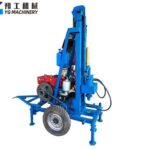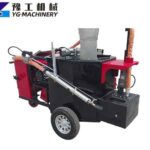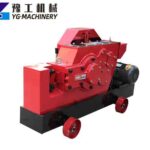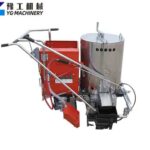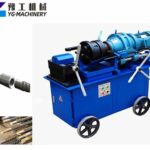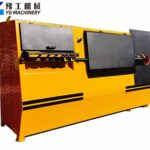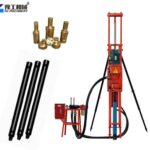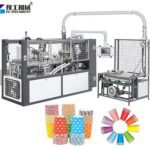Egg trays are critical for protecting fragile goods during transport. Making pulp-based egg trays is a good choice. Investing in an egg tray manufacturing machine allows businesses to reduce reliance on single-use plastics, cut costs by using recycled paper waste, scale production to meet rising demand for eco-friendly packaging.
Components of an Paper Egg Tray Machine
- Understanding the machine’s anatomy ensures informed decisions:
- Pulp Making System: Converts recycled paper into slurry.
- Molding Unit: Shapes pulp into trays using customizable molds.
- Drying System: Options include natural drying, brick-line dryers, or metal dryers.
- Packing System: Automates stacking and packaging.
How Does an Egg Tray Manufacturing Machine Work?
- Pulp Preparation: Waste paper is soaked, blended into a pulp, and mixed with water/additives.
- Molding: Pulp is vacuum-formed into trays via molds.
- Drying: Trays are dried using energy-efficient methods (sunlight, gas, or electricity).
- Pressing & Packaging: Finished trays are compressed and packed for delivery.
- Raw Materials: Turning Waste into Value
- Recycled Paper: Newspapers, cartons, or office waste.
- Additives: Strengthening agents like starch or waterproofing chemicals.


